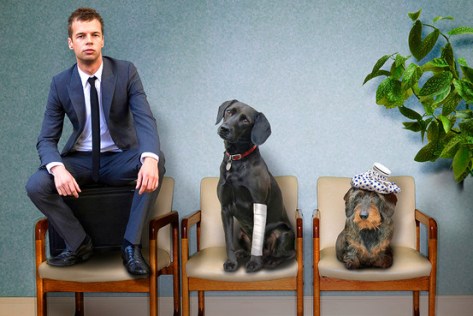Intrade.com maintains an actively traded market for futures contracts which pay 100 points (where 1 point = $.10) in the event that a specific contingent event occurs and 0 points otherwise. Thus, prices represent “risk neutral” event probabilities. I have written previously about how useful prediction markets can be in assessing political events such as election outcomes (e.g., see Prediction markets assessment of the Presidential Election from October 26, 2004 and Preliminary assessment of the accuracy of the Intrade State-by-State contracts from November 5, 2008) and Supreme Court confirmations (e.g., see SC.CONFIRM.ALITO from November 6, 2005), as well as other kinds of contingent events such as the state of the economy (e.g., see What are the prediction markets saying about the economy? from April 10, 2009), etc.
Currently (as of August 19, 2009), the Intrade market gives the Public Health Option a 36% chance of being passed into law by the end of this year (the closing price yesterday, on August 18, was 32 Intrade points). The contract is called US.GOVT.HEALTHPLAN.DEC09, and it has been trading ever since June 12, 2009. The highest price recorded for this contract was 51.5 Intrade points (at the contract’s inception on June 12, 2009), and the lowest price recorded was 14.1 Intrade points (on August 17, 2009, after it appeared that the Obama administration might be willing to compromise on the public option in favor of non-profit health cooperatives). Here’s the complete time series since contract inception on June 12:
For more information concerning the topic of “prediction markets”, I recommend an article entitled “Prediction Markets“ by Justin Wolfers and Eric Zitzewitz that appeared a few years ago in Journal of Economic Perspectives (Vol. 18, No. 2 (Spring 2004), pp. 107-126).
